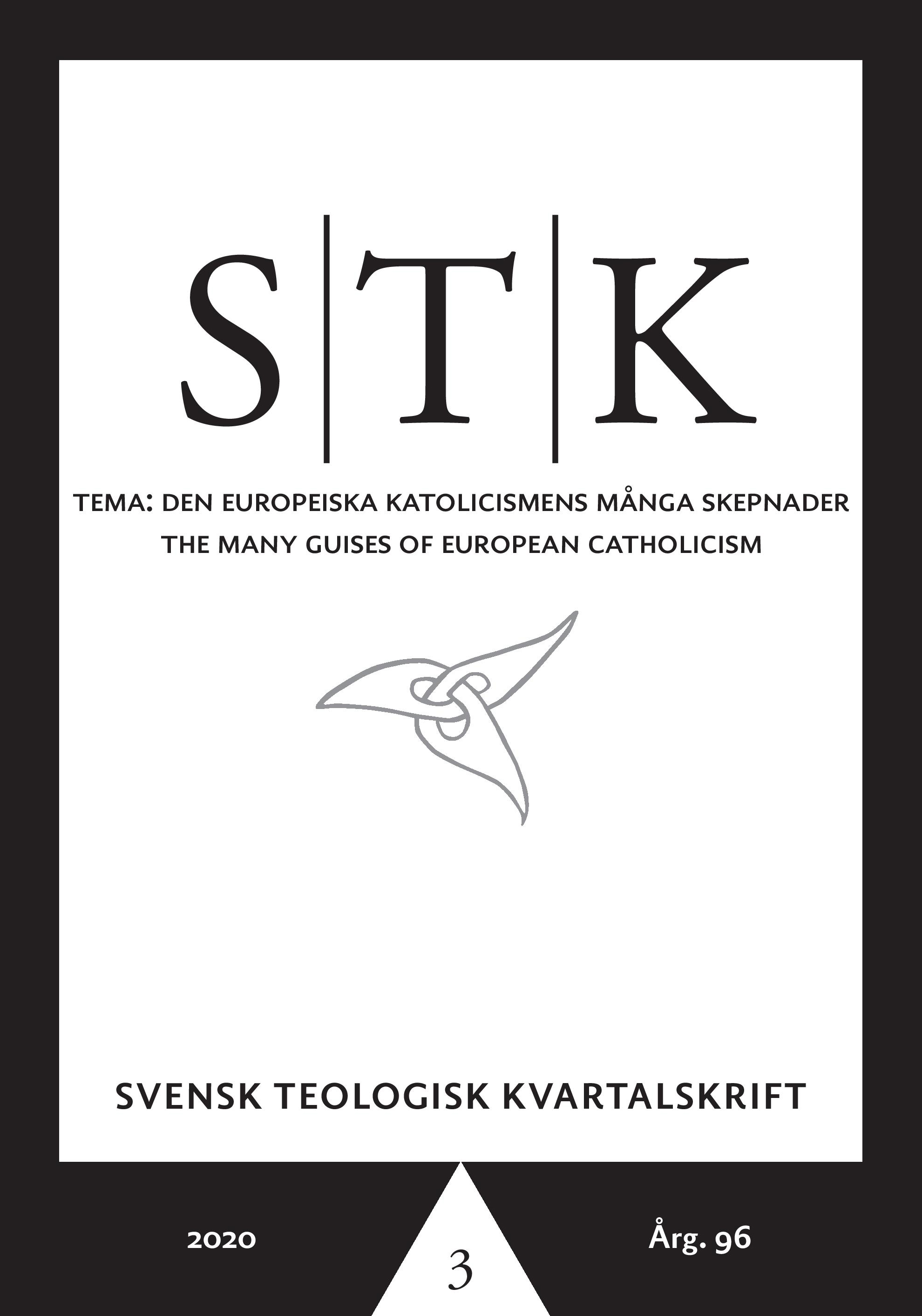The Polish Case
Pedophilia, Polak-Katolik, and Theology of the Nation
Abstract
This article is a reflection on contemporary Polish-Catholic identity. It begins by reflecting on how a gluing-together of national and religious identity is evident in discourses about the most pressing challenge of the Catholic Church in Poland today: the child abuse scandals. The revelation of these crimes is bound up with the premieres in 2018 and 2019 of the movies Clergy and Tell No One. The reactions generated by the movies betray a set of ideas that assumes equality between the good of the Church and the good of the nation. Critique of the Church is seen as an attack, both on the Catholic Church and on the Polish nation. The article then proceeds to unpack the theology of the nation that underpins public discourse on the place of the Church in Polish society today. The main point of reference is the historical development of the notion of Polak-Katolik as a normative term describing who a real Pole is. The article presents a subjective choice of the historical circumstances that were most formative of this permanent synechia of the national and the religious: the partitions of Poland, the Polish fight for independence, the ideas of Polish messianism, and the theology of the nation developed by Cardinal Stefan Wyszyński and Karol Wojtyła (John Paul II).
Downloads
Publicerad
Nummer
Sektion
Licens
Copyright (c) 2020 Magdalena Dziaczkowska

Detta verk är licensierat under en Creative Commons Erkännande-Ickekommersiell-IngaBearbetningar 4.0 Internationell-licens.


